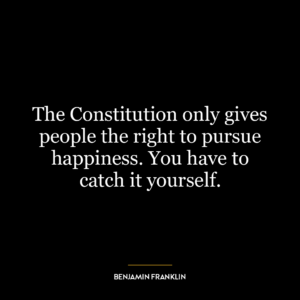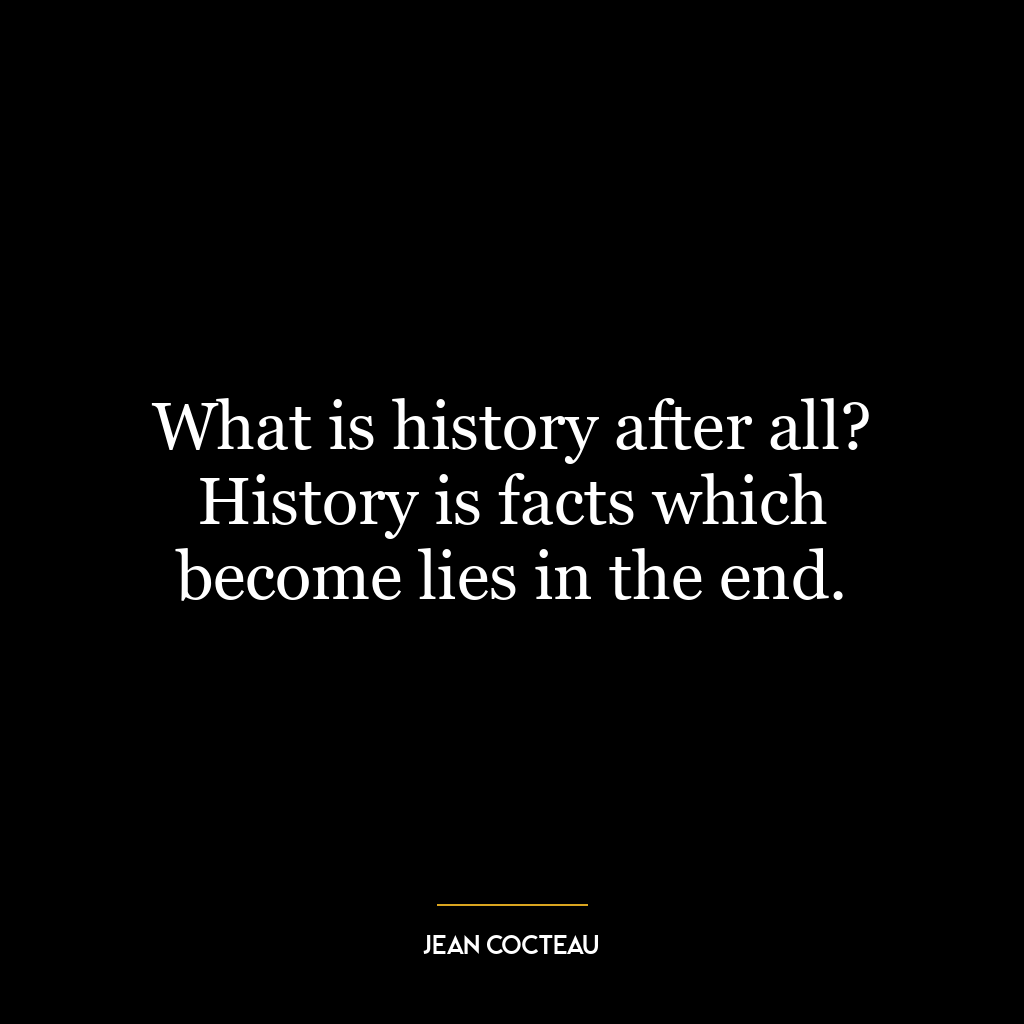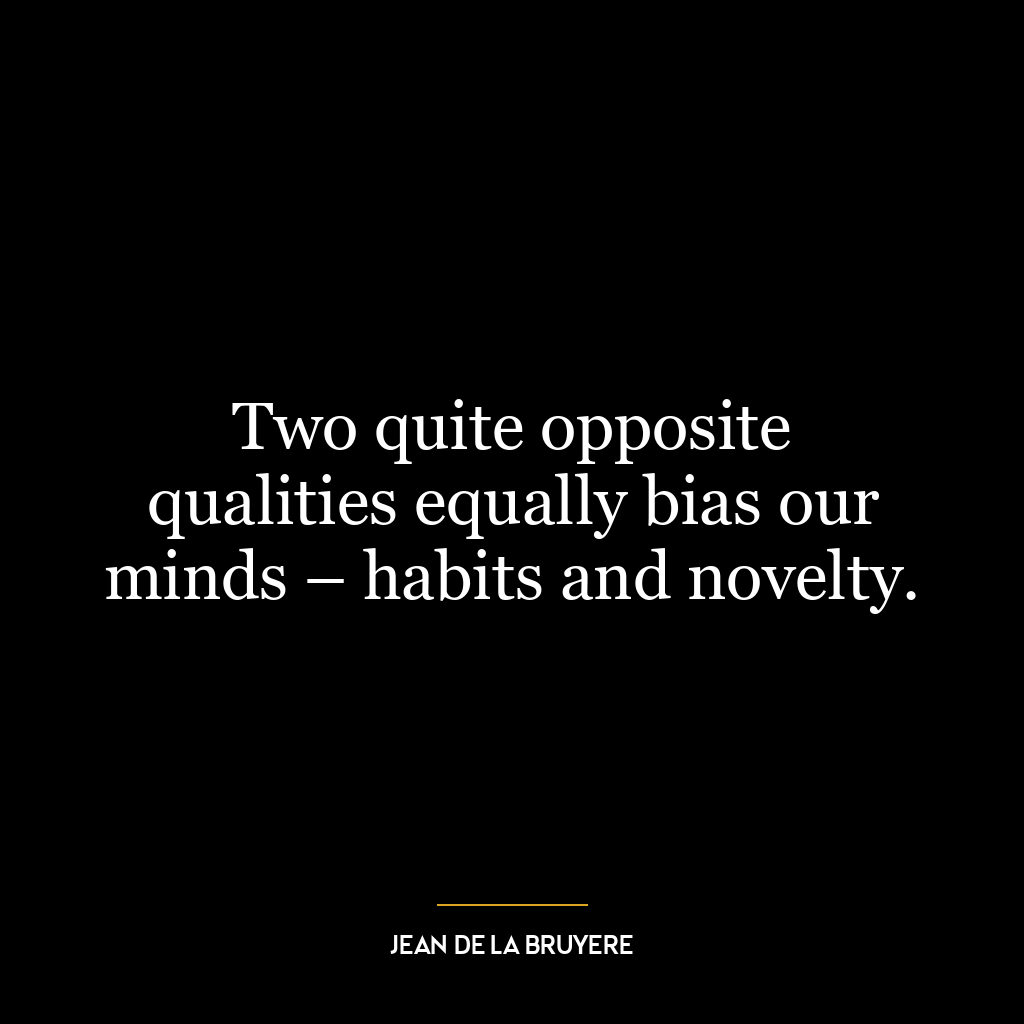Historians relate not so much what is done as what they would have believed.
This quote by Benjamin Franklin suggests that historians, when documenting events and occurrences, are influenced by their own beliefs, biases, and perceptions. Rather than presenting a purely objective account of what happened, they may unconsciously or consciously shape the narrative based on what they believe to be true or what they would have believed had they been in that situation.
The quote underscores the subjective nature of history and points to the fact that our understanding of the past is often colored by the perspectives of those who document it. It implies that absolute objectivity is difficult, if not impossible, in historical accounts because historians are human beings with their own set of values, beliefs, and biases. As such, they may emphasize certain facts, downplay others, or interpret events in a way that aligns with their worldview.
Applying this idea to today’s world, we can see that the same principle applies to news reporting, social media, and any form of storytelling. Whether it’s a news article, a tweet, or a blog post, the author’s beliefs and biases can shape the narrative. This is why it’s important to critically evaluate the sources of our information and seek out multiple perspectives to get a more balanced and nuanced understanding of events.
In terms of personal development, this quote can serve as a reminder to be aware of our own biases and how they can influence our perceptions and decisions. We may have a tendency to interpret information in a way that confirms our pre-existing beliefs, a phenomenon known as confirmation bias. By acknowledging this, we can strive to be more open-minded and objective in our thinking, which can lead to better decision-making and personal growth.














